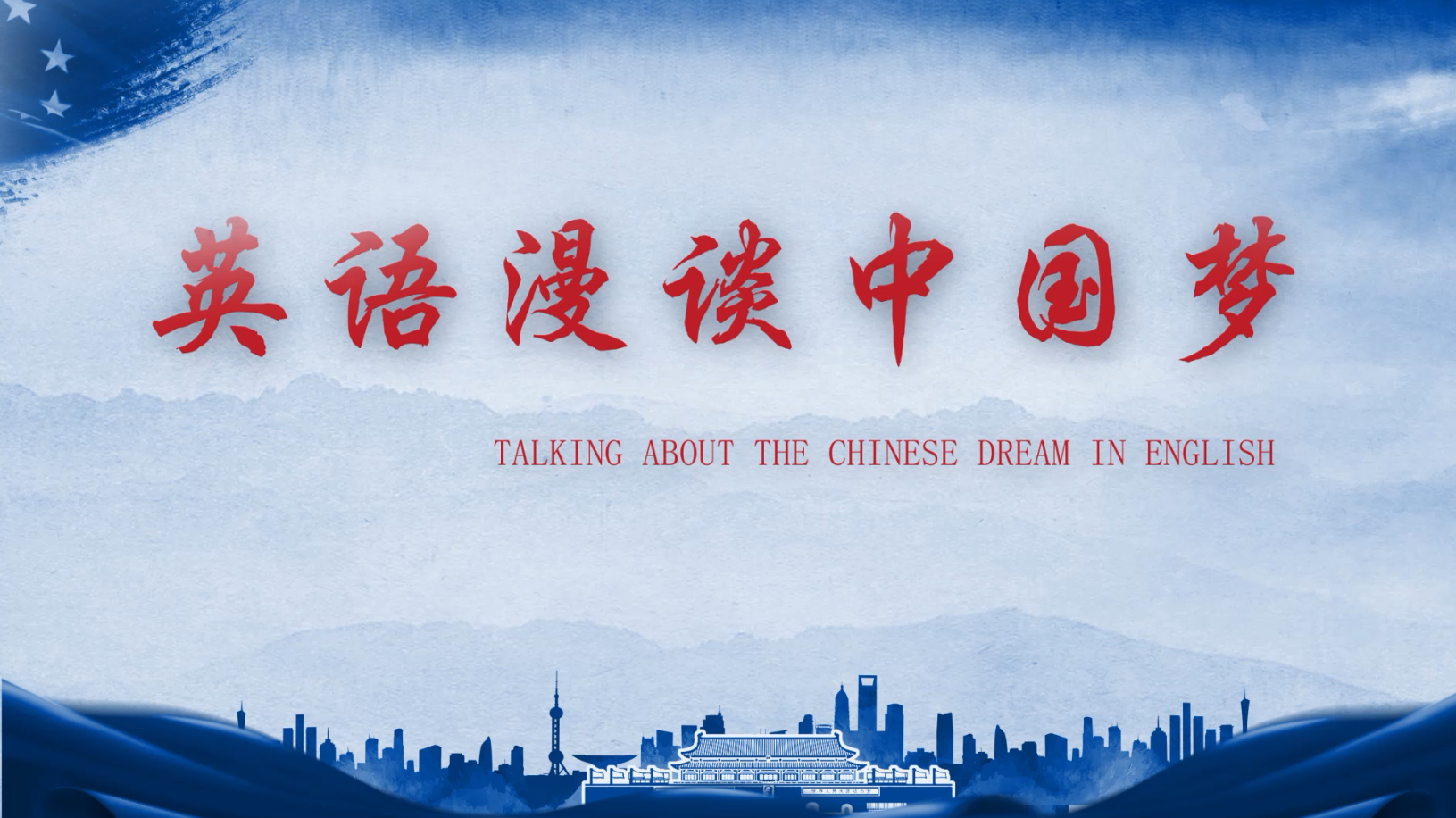第六章测试1.Psychologists take opposing views of how external rewards, from warm praise to cold cash, affect motivation and creativity. Behaviorists, who study the relation between actions and their consequences, argue that rewards can improve performance at work and school. Cognitive(认知学派的)researchers, who study various aspects of mental life, maintain that rewards often destroy creativity by encouraging dependence on approval and gifts from others. The latter view has gained many supporters, especially among educators. But the careful use of small monetary(金钱的)rewards sparks creativity in grade-school children, suggesting that properly presented inducements(刺激)indeed aid inventiveness, according to a study in the June Journal of Personality and Social Psychology. “If kids know they’re working for a reward and can focus on a relatively challenging task, they show the most creativity,” says Robert Eisenberger of the University of Delaware in Newark. “But it’s easy to kill creativity by giving rewards for poor performance or creating too much anticipation for rewards.” A teacher who continually draws attention to rewards or who hands out high grades for ordinary achievement ends up with uninspired students, Eisenberger holds. As an example of the latter point, he notes growing efforts at major universities to tighten grading standards and restore failing grades. In earlier grades, the use of so-called token economies, in which students handle challenging problems and receive performance-based points toward valued rewards, shows promise in raising effort and creativity, the Delaware psychologist claims. Psychologists are divided with regard to their attitudes toward ______.
A:the choice between spiritual encouragement and monetary rewards B:the study of relationship between actions and their consequences C:the amount of monetary rewards for student’ creativity D:the effects of external rewards on students’ performance
答案:D
2.What is the response of many educators to external rewards for their students?
A:They have doubts about them. B:They have no doubts about them. C:They avoid talking about them. D:They approve of them. 3.Which of the following can best raise students’ creativity according to Robert Eisenberger?
A: Assigning them tasks they have not dealt with before. B:Giving them rewards they really deserve. C:Giving them rewards they anticipate. D:Assigning them tasks which require inventiveness. 4.It can be inferred from the passage that major universities are trying to tighten their grading standards because they believe ______.
A:rewarding poor performance may kill the creativity of students B:punishment is more effective than rewarding C:failing uninspired students helps improve their overall academic standards D:discouraging the students’ anticipation for easy rewards is a matter of urgency 5.The phrase “token economies” (Line 1, Para.5) probably refers to ________.
A:methods of improving performance B:approaches to solving problems C:systems of rewarding students D:ways to develop economy 6.中国坚持对外开放的基本国策,坚持打开国门搞建设。
A:China adheres to the national policy of opening up and pursues development with its doors open wide. B:China intends to the fundamental national policy of opening up and pursues development with its doors open wide. C:China adheres to the fundamental national policy of opening up and pursues development with its doors open wide. 7.中国积极促进“一带一路”国际合作。
A:China will promote international cooperation through the Belt and Road Initiative. B:China will actively promote international cooperation through the Belt and Road Initiative. C:China will actively force international cooperation through the Belt and Road Initiative. 8.我国要加大对发展中国家特别是最不发达国家援助力度,促进缩小南北发展差距。
A:China will keep assistance to other developing countries, especially the least developed countries, and do its part to reduce the North-South development gap. B:China will increase assistance to other developed countries, especially the least developed countries, and do its part to reduce the North-South development gap. C:China will increase assistance to other developing countries, especially the least developed countries, and do its part to reduce the North-South development gap. 9.中国支持多边贸易体制,促进自由贸易区建设。
A:China will support unilateral trade regimes and work to facilitate the establishment of free trade areas. B:China will support multilateral trade regimes and work to facilitate the development of free trade areas. C:China will support multilateral trade regimes and work to facilitate the establishment of free trade areas. 10.一带一路包括丝绸之路经济带和21世纪海上丝绸之路。
A:The BRI comprises a Silk Road Economic Belt and a 21st century Maritime Silk Road. B:The BRI composes a Silk Road Economic Belt and a 21st century Maritime Silk Road. C:The BRI comprises a Silk Road Economic Belt and a 21st century Silk Road.
温馨提示支付 ¥3.00 元后可查看付费内容,请先翻页预览!

